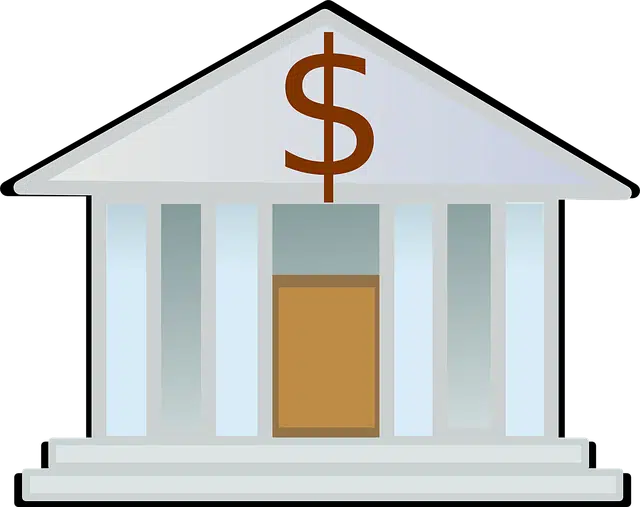
Commercial banks carry out financial operations.
Banking , according to one of the meanings of the term, is the set of banks and bankers . The concept is used to name the entities dedicated to facilitating financing .
Commercial is that belonging to or relating to commerce or merchants . The adjective is also used in reference to what is easily accepted in a certain market.
The notion of commercial banking is linked to banks that act as universal operators and that can offer all the services and passive and active operations that are permitted by law . The commercial bank, therefore, is a type of bank , such as the investment bank or the mortgage bank .
Operation of commercial banking
The main function of commercial banking is to mediate between the supply and demand of financial resources . These banks can receive the savings of people and companies (in deposits, fixed terms, etc.) and grant loans and credits. Receiving resources is a passive operation, while lending money is an active operation.
The operation of commercial banking is subject to the specific laws of each country and the regulations of each Central Bank . It is common for these commercial banks to provide other services, such as exchanging bills and coins, renting safe deposit boxes or collecting taxes.

Commercial banking receives the savings of companies and individuals and grants credits and loans.
Investment entities
When we talk about commercial banking, we inevitably refer to the so-called investment banking . These are two terms with points in common but different at the same time because while the first has already seen the functions it has, the second has as its main tasks undertaking mergers, taking different companies to the stock market, issuing bonds, proceeding to the sale of divisions between companies and even carrying out trading operations or creating takeover bids.
Taking all these nuances into account, we can establish a series of characteristics that allow us to better understand the difference between one and the other:
• It is very difficult for commercial banks to enter a loss situation, hence their profits are very stable.
• Investment banking, for its part, has profits that are much more unstable since they depend on market fluctuations. In this way, in times of prosperity it achieves that these are higher than those of commercial banks but in times of crisis they decrease more than those of the other.
• Commercial banking we could establish that it already has its origin in the Middle Ages since it was at that time when the first people began to emerge who no longer wanted to keep the money they had at home.
• There are very few entities in the world that can be considered pure investment banks. Specifically, experts agree that the only one that could currently be classified as such is Goldman Sachs, which exists in the United States.
The distinction between commercial banking and investment banking arose after the Great Depression , when the US Congress required banks to only carry out traditional banking activities, leaving capital market operations to the so-called investment banks.
